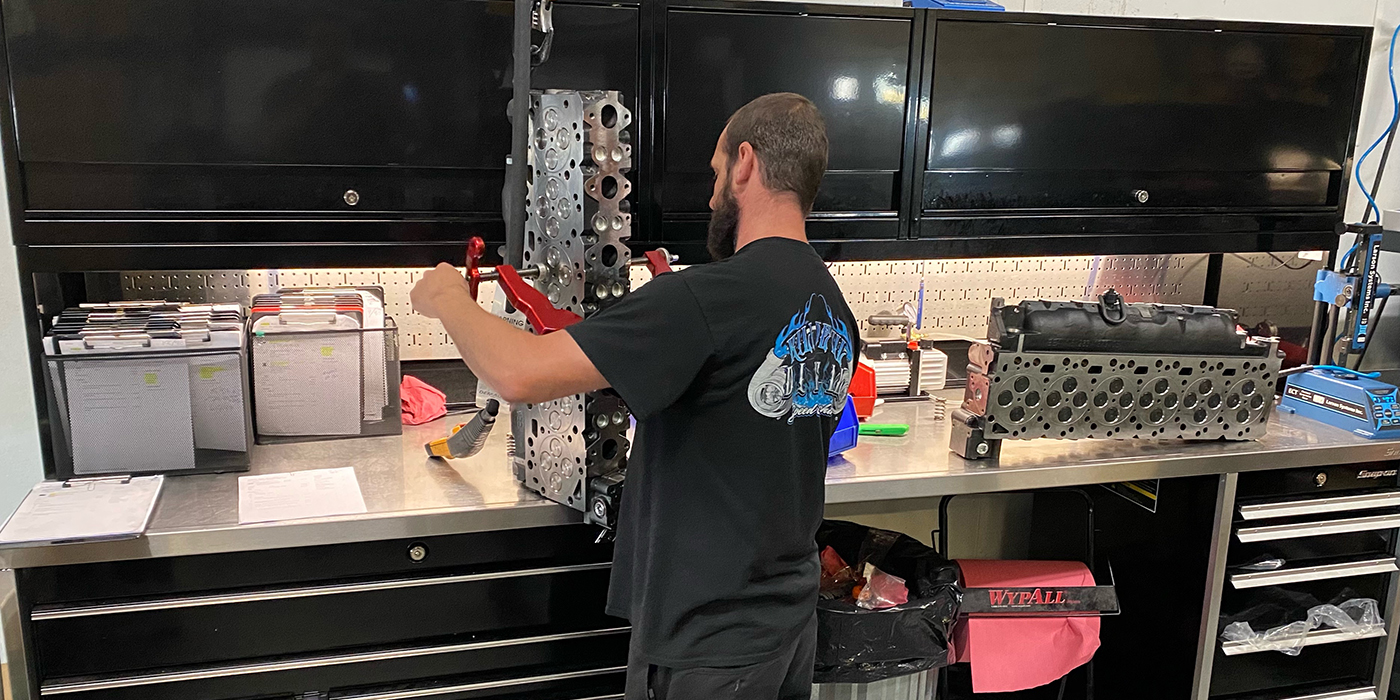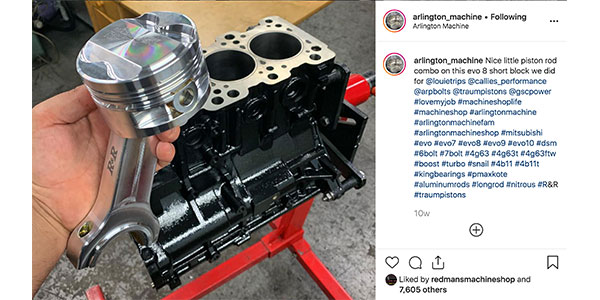Five Expenses You Should Never, Ever Skimp On
If you’re a small business owner, it’s probably a vast understatement to say that you don’t have money to burn. But according to Sean C. Castrina, there are some areas in which it doesn’t pay to cut costs. Here, he outlines five areas in which you should never be cheap.
“If you’re bootstrapping your own business, you know all about doing more with less. The ability to stretch a budget is a survival skill, especially in those cash-strapped early days,” said Castrina.
And because you know you’re never much more than a bad quarter or an unexpected expense away from closing your doors, you’re always looking for new ways to save money. But, here’s the real question, asks Castrina: Are you being cheap about the wrong things?
“If your goal is to cut costs at any cost, you’re heading into dangerous territory,” says Castrina, author of 8 Unbreakable Rules for Business Start-Up Success.
“And too many entrepreneurs don’t just wander into Cheapskateville — they set up shop there.
“Avoiding unnecessary expenses is one thing; becoming a fear-driven perpetual penny-pincher is another,” he adds. “Too many people can’t see the difference. And that’s too bad, because ‘cheapness’ can hurt the value of your product or service, or the efficiency of your business, both of which will drive customers away.”
Having started more than 15 companies in industries including direct mail, home services, property management, retail, and more, Castrina knows just how tough it is to write checks to employees, vendors, landlords, banks, etc. when your hopes, dreams, credit, and livelihood are at stake. Yet making those checks too skimpy can cost you big down the road.
“Subject every prospective cost-saving measure to this litmus test: What are the possible short- and long-term effects of this decision?” he advises. “Will it save my business money without negatively affecting profits? Sometimes, the answer is ‘no.’”
Here, he takes a look at five penny-pinching sins that are costing your business:
PENNY-PINCHING SIN #1: Paying employees the bare minimum. Excessive tightfistedness on payday sends a very clear message to your employees: “I place a low value on you and what you do for my company. I don’t see you as a person with talents and unique abilities, but as a debit on my monthly expense report.” And that, Castrina points out, is the kind of message that sends skilled employees running for the hills, costing you money in lost productivity, turnover, and customer dissatisfaction.
“Yes, some low-skill positions can be filled by just about anyone and shouldn’t come with a high salary,” he comments. “But if you have experienced, efficient employees with a high level of expertise, you need to compensate them fairly. Quality employees can make or break your company. Ask yourself: Would I want this person working for the competition? If not, pay them well and keep them on your team indefinitely.”
PENNY-PINCHING SIN #2: Using an in-house bookkeeper. According to Castrina, too many small business owners do bookkeeping in-house. Why is that a problem? First, he says, many boss-designated bookkeepers don’t completely know what they’re doing. For instance, they may use unnecessarily broad headings or classify items incorrectly. Sooner or later, your accountant (or worse, the IRS) will charge you to correct these mistakes, saving you nothing.
“The larger problem, I’m sad to say, is that it’s easy for an in-house bookkeeper to steal from you,” Castrina says. “It’s happened to me and to many other small business owners. Now, I’m adamant about hiring a third-party bookkeeper who reports to me directly. I ask my staff to leave this contractor alone, just as they would an IRS auditor.”
PENNY-PINCHING SIN #3: Skimping on legal services. Castrina recalls going through a touchy legal matter several years ago. When he described the matter to an older business colleague, his colleague had this to say: “Your attorney is a nice guy, and he’s good with general matters, but for this situation you need a killer. You need someone whose name strikes fear into the heart of opposing council!”
“I took my colleague’s advice because I knew he’d been in my shoes,” Castrina says. “And I’m so glad I did! The matter went away quickly and was some of the best money I ever spent on higher-priced billable hours. For general matters, I like hiring young, new-to-their-firms attorneys whose rates are low and who are really trying to earn my business. But for matters in which your company’s survival is at stake, hire the best lawyer you possibly can.”
PENNY-PINCHING SIN #4: DIYing branded materials. “You have one chance to make a good first impression.” We’ve all heard this advice our entire lives, but too often, business owners forget it…often, to their detriment.
“We’ve all encountered a business that made a poor impression because their shop employees weren’t wearing uniforms or because their signage wasn’t professionally created…and don’t even get me started on forms, business cards, stationery, and websites made with ‘do it yourself’ kits!” Castrina says. “The fact is, customers are always going to judge businesses by their covers. So if you want to be paid like a great company, you need to look like one.”
PENNY-PINCHING SIN #5: Relying on word-of-mouth marketing. Have you ever heard of Budweiser? This, of course, is a ridiculous question. Everyone has heard of Budweiser. Among (many) other things, the company produces an endless stream of expensive, Hollywood-quality commercials just to remind consumers of the well-established fact that it sells beer. The point is, no matter how successful they are, great companies are always trying to communicate with and attract potential customers.
“If I hear one more small business owner tell me that he or she believes in ‘word-of-mouth marketing,’ I may scream!” Castrina comments. “Don’t get me wrong; customer referrals are very powerful and can really help drive your business. But I’ve never owned or worked with a company—even those with A+ BBB ratings—that owed more than a third of sales to word-of-mouth business. The fact of the matter is, if you try to save money by not budgeting for marketing, you’ll save your way right out of business. You simply must spend money to attract customers.”
“Here’s the bottom line: In business, you get what you pay for,” concludes Castrina. “If you try to skimp on something that affects the experience your company offers consumers or that compromises its ability to run efficiently, your efforts will probably backfire. As an entrepreneur, it’s good to be frugal…but it really doesn’t pay to be cheap.”
About the Author:
Sean C. Castrina is the author of 8 Unbreakable Rules for Business Start-Up Success (Champion Publishing, 2013, ISBN: 978-0-989-10456-2, $14.87, www.newbizcoach.org and the soon-to-be-released 8 Unbreakable Rules for Small Business Dominance. A successful business coach and a true entrepreneur, he has started over 15 successful companies over the last 18 years. His companies have ranged from retail, direct mail marketing, and advertising to real estate development and home services. Sean is a sought-after speaker and can speak with authority on what it takes to start, sustain, and grow a business.









